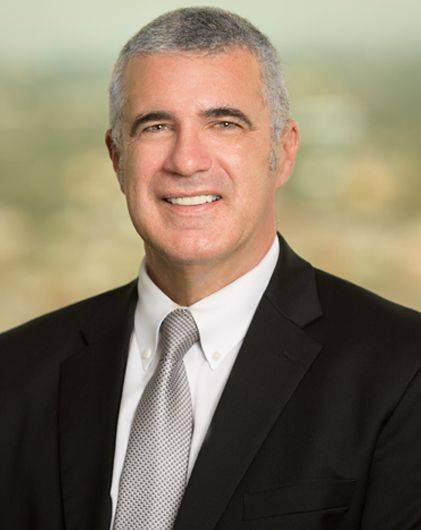TX Federal Court Vacates Transgender Accommodations in EEOC Enforcement Guidance
A federal court in Texas struck down certain transgender protection provisions contained in the Equal Employment Opportunity Commission’s (EEOC) 2024 Enforcement Guidance on Harassment in the Workplace. These protections applied Title VII of the Civil Rights Act to require workplace accommodations for transgender employees regarding bathroom access, dress codes, and the use of pronouns. Under the provisions in the enforcement guidance struck down by the court, denial of these accommodations would have constituted actionable discrimination by an employer.
In the opinion, U.S. District Judge Matthew Kacsmaryk noted that Title VII’s ban against sex discrimination remains rooted in “a biological understanding of sex.” He noted that the EEOC’s guidance “contravenes Title VII’s plain text by expanding the scope of ‘sex’ beyond the biological binary and requiring employers to accommodate an employee’s dress, bathroom or pronoun requests.” Relying on the Supreme Court’s recent decision in Loper Bright, which reduced the deference owed to administrative agencies by the courts, Judge Kacsmaryk held it was solely Congress’ job to amend Title VII, and not the EEOC:
| Congress could have redefined Title VII “sex” to include “sexual orientation” and “gender identity.” It could have added explicit accommodations for “sexual orientation” and “gender identity.” But it did not. Though Congress has the power to amend statutes to add accommodations, EEOC does not. Yet that’s exactly what the Enforcement Guidance does. |
The EEOC issued the guidance in April 2024 and created enforcement guidelines for sex-based harassment based on “sexual orientation or gender identity.” In response, the State of Texas and the Heritage Foundation filed a lawsuit. Texas Attorney General Ken Paxton argued that the EEOC guidance misinterpreted the Supreme Court’s 2020 decision in Bostock v. Clayton County. He asserted that the guidance unlawfully required employers to adopt transgender mandates under threat of legal action. In Bostock, the Supreme Court ruled that Title VII protects employees against discrimination on the basis of sexual orientation or gender identity.
A similar case is pending in a federal court in Kentucky, where a coalition of attorneys general are also trying to block the EEOC guidance.
It is unclear whether an appeal will be sought in the Texas case. But it is unlikely, especially since under the new administration, the EEOC has pulled back on transgender issues. EEOC Acting Chair Andrea Lucas signaled the EEOC will ultimately rescind or revoke such policies and regulations, in line with President Trump’s executive order directing the federal government to recognize only two biological sexes.
Please contact Mark Fijman or any member of the Phelps labor and employment team if you have questions or need advice or guidance.


